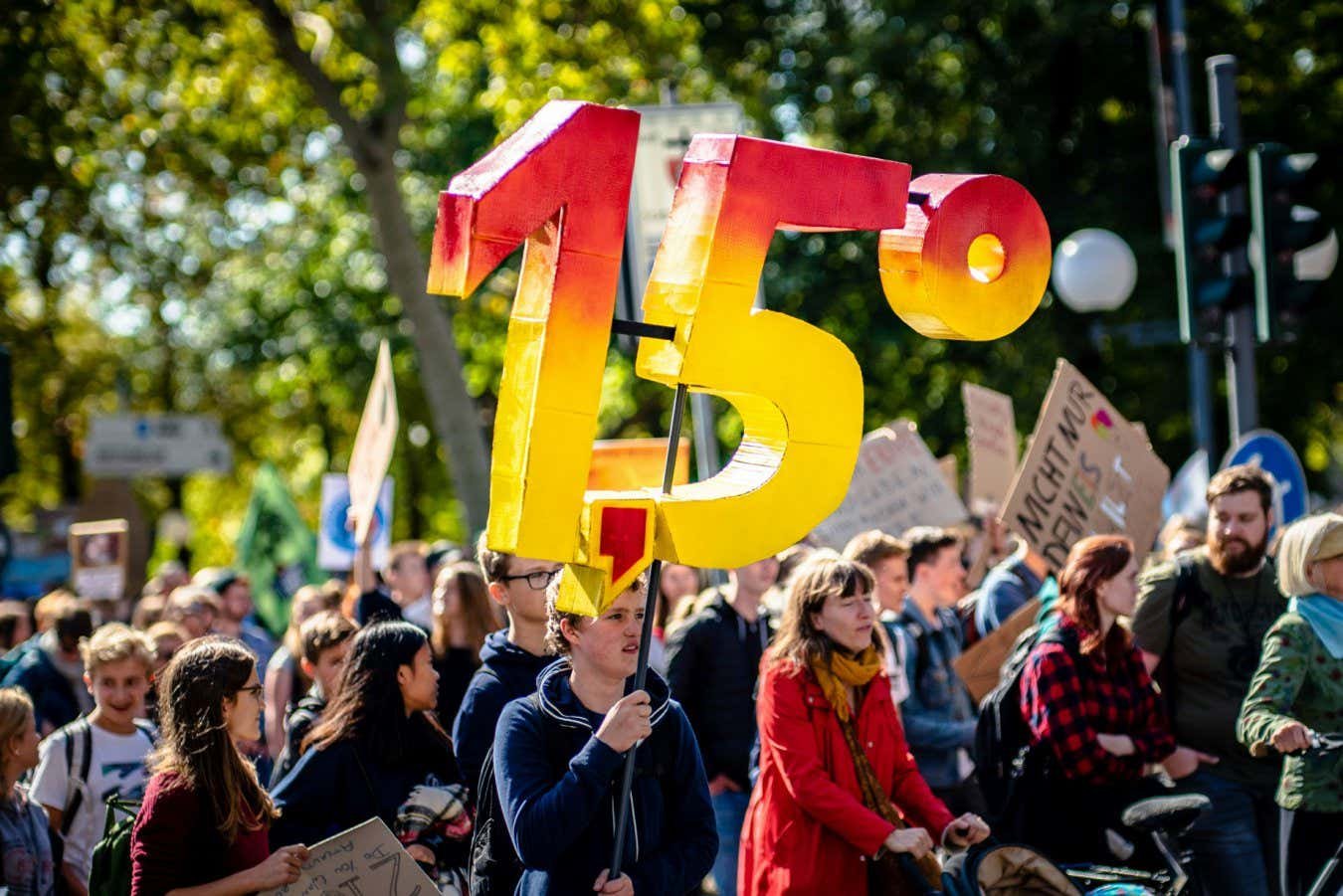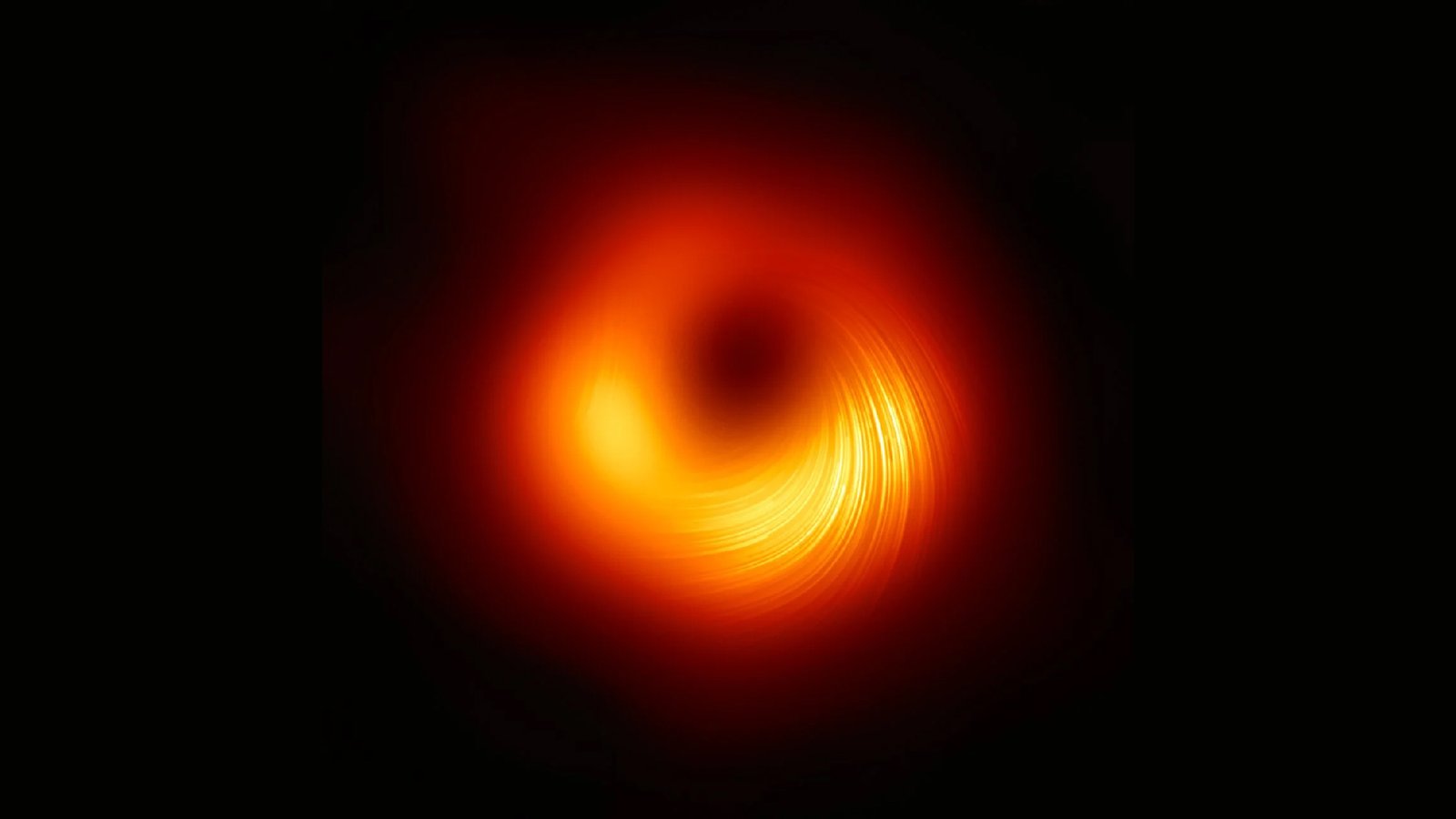
Numbers allow us to focus on one aspect of a situation in detail, but can also oversimplify things
Mika Baumeister/Unsplash
Unequal
Eugenia Cheng (Profile Books (UK, on sale) Basic Books (US, 2 September))
Things are either equal or they aren’t – mathematically speaking, at least, right? Not so fast, says Eugenia Cheng in her new book, Unequal: The maths of when things do and don’t add up. In mathematics, as in life, some things are more equal than others.
Take equations: the really interesting ones assert a sameness where there is also a difference. The equation 180 = 180 tells us nothing, but x + y + z = 180°, where x, y and z are the angles of a triangle, is a claim of another kind. And it is only true in certain circumstances – in a two-dimensional plane, yes, but not on the surface of a sphere.
Cheng’s aim is to explore how we decide when things are “the same” in mathematics. Her approach is both playful and deeply serious, leavening abstract concepts with entertaining tangents on everything from knitting Möbius strips to making an iterated Battenberg cake. Neither is she afraid to discuss important political and rights-based questions around equality.
Having opened with equations, Cheng moves on to numbers, joking that the good thing about them is that they are boring. By this, she means that they reduce potentially confusing complexity to a single quantity. Numbers can be powerful tools because they let us focus on one aspect of a situation in detail.
They can also be misleading if we forget they are a simplification of reality. It would be dangerous to assume, for example, that two people who get the same score on an IQ test are equally intelligent. As Cheng says, “it’s fine to forget details, but we must remember that we forgot them”.
Happily, mathematics has more than numbers at its disposal. Cheng explores “local” versus “global” sameness with a discussion of manifolds – essentially, surfaces made by stitching together small, flat areas, which can end up curved on a global scale like a sphere.
“Manifold-like thinking”, she argues, can be a useful lens for the real world. In mathematics, it is pointless to argue about whether a sphere and a bagel-shaped torus are “the same”, because we can just say they are the same locally and different globally, then decide which is most useful for the context. Similarly, in politics, it is useful to be able to notice when one side is using a local argument (like “individual women benefit from being able to make a choice about abortion”) and the other a global one (like “all abortion is murder”).
Cheng really dials up the abstraction in her discussion of sameness in category theory, but do go with her on the journey. After all, some of the greatest works of art, literature and music are technically challenging, yet we still find them beautiful without knowing the intricacies of chiaroscuro, caesura or counterpoint. Cheng spends time exploring the formal definition of a category “not because I necessarily think everyone needs to understand it, but that you might like to marvel over it like a piece of abstract art”. And just as with art, we all have our preference for how abstract we like it, but to find that out, it is worth going to a gallery and taking a look.
“If you think maths is all about equations, and you think equations are rigid black-and-white facts, then you probably think maths is all rigid and black-and-white,” says Cheng. This book is a wonderful refutation of that misconception. Exploring the meaning of “equals” in mathematics gives us a better understanding not just of the nuance and richness of the field, but of how ideas of equality are used (and misused) in life.
Sarah Hart is professor emerita of geometry and provost at Gresham College, UK. She is the author of Once Upon a Prime
Love reading? Come and join our friendly group of fellow book lovers. Every six weeks, we delve into an exciting new title, with members given free access to extracts from our books, articles from our authors and video interviews. Topics:
New Scientist book club




